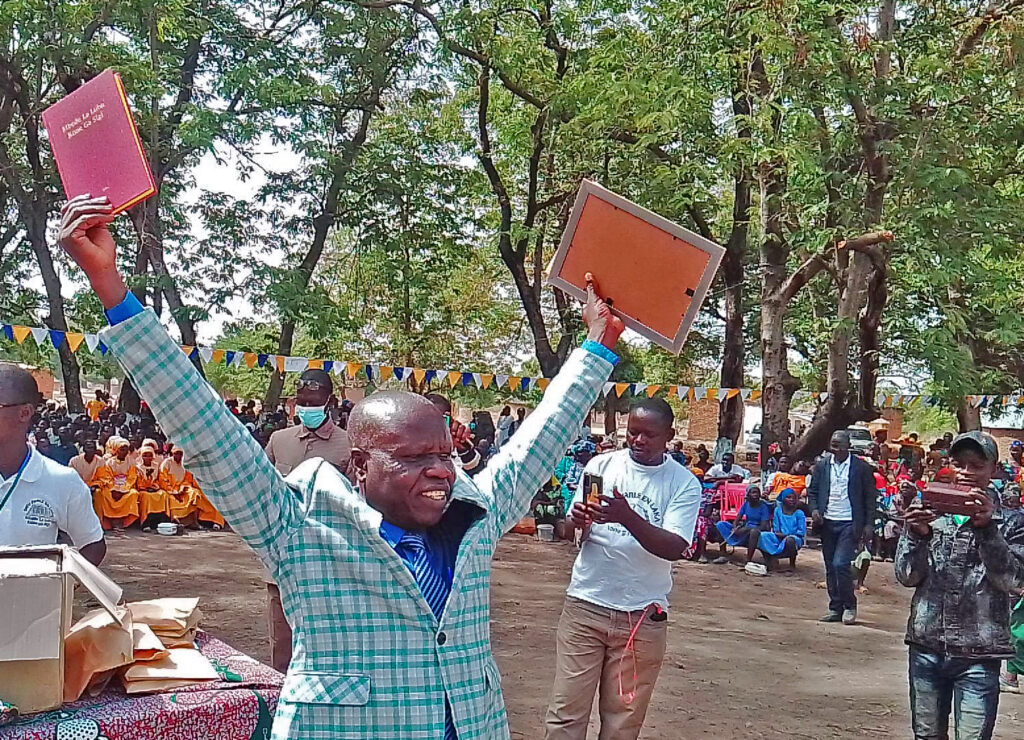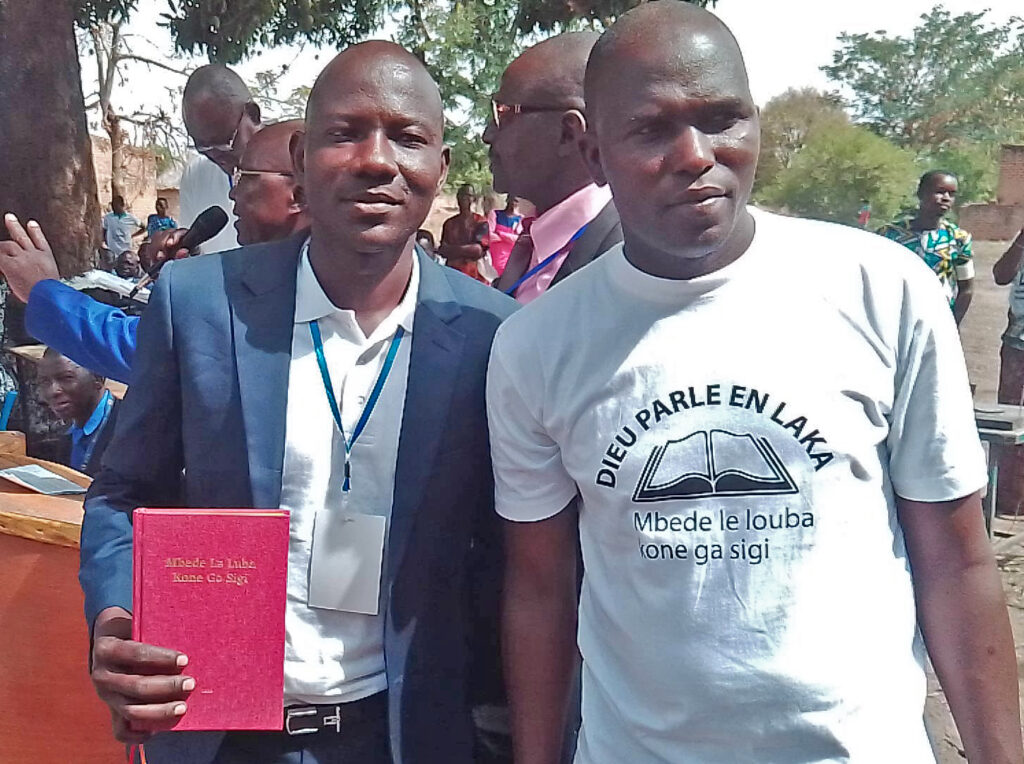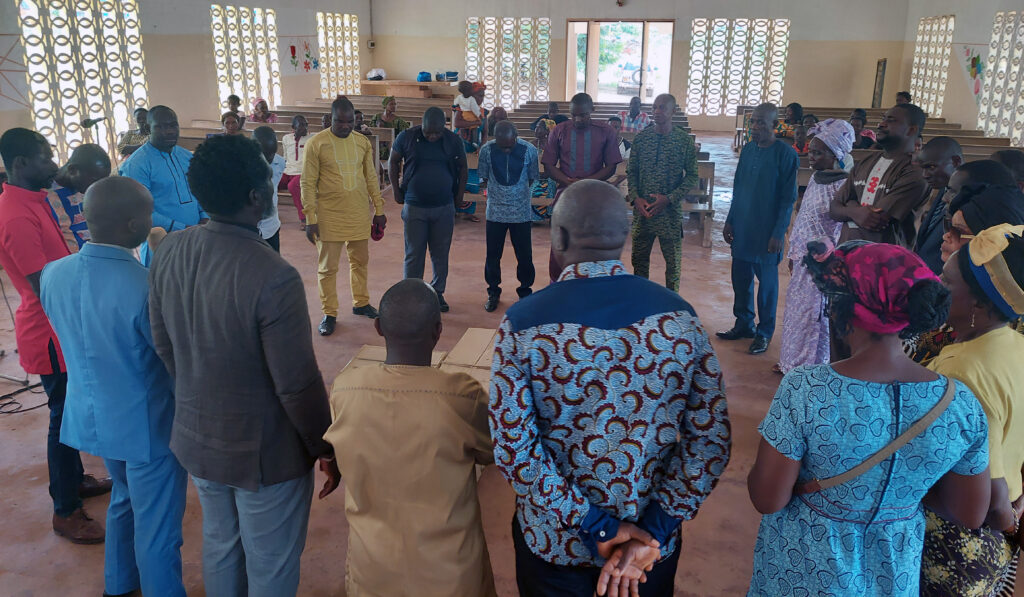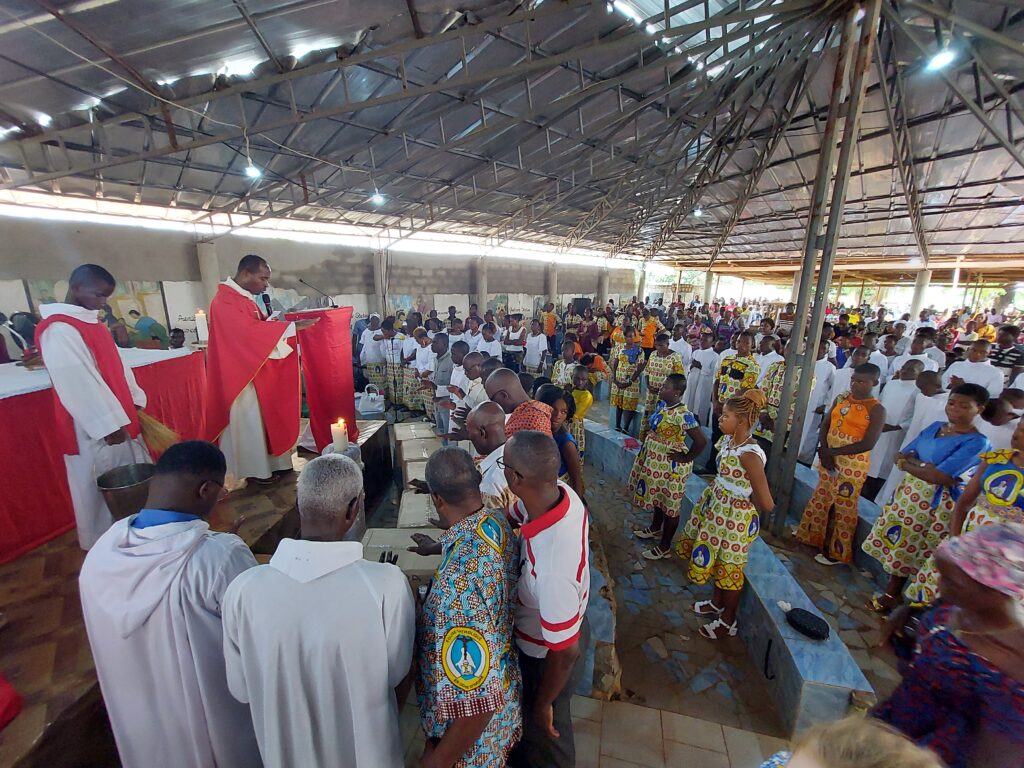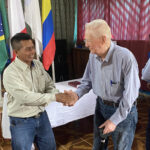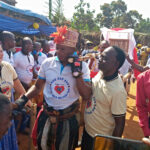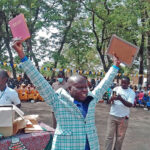Back To Mt. Tawa
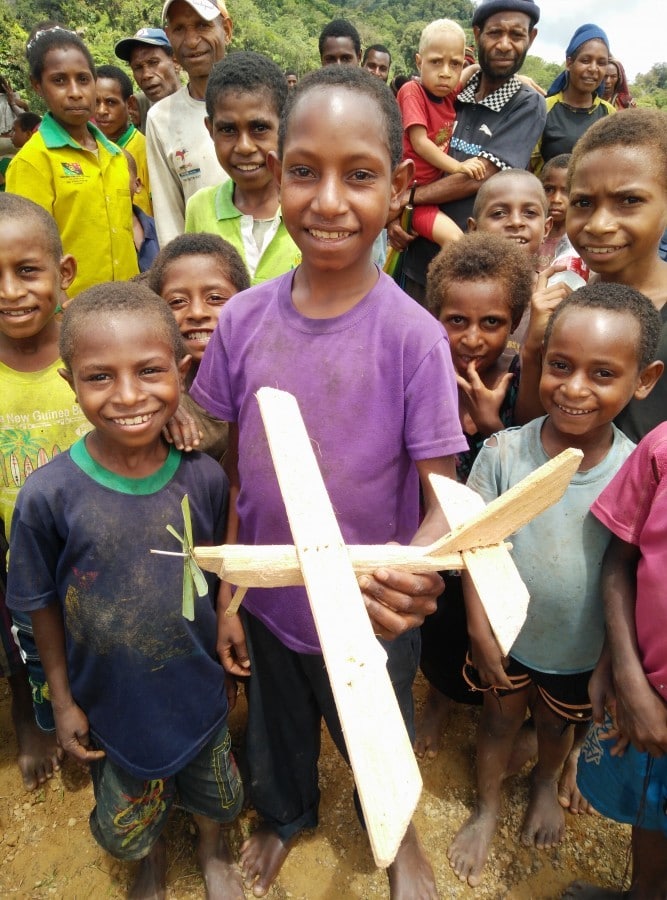
Only two more landings before Aiyura. I’m almost home. I can feel the burden of the two-day flight schedule beginning to lift. It has been a challenging trip—navigating low clouds and rain in Western province—but I’ve been able to accomplish most of the trip goals, including subsidizing the cost of our core mission work near Kiriwo airstrip.
My last remote airstrip to visit is Mt. Tawa (remember this story from two years ago?). The primary purpose is to pick up some of the Folopo people who are translating the JESUS film into their language. But I’ve also been told there is a medevac patient waiting to get to the Mt. Hagen haus sik (hospital).
After landing, I ask where the patient is waiting. The people point over to a lapun man (elderly man) lying on a mat in the mud of the wet airstrip. He is in pain. His family explains to me that he had suddenly found it hard to breathe in the last week. I can see the concern in the eyes of his grown children. A few of us help get the man into his seat on the airplane because I don’t have a stretcher with me today. I can tell the man is nervous, and his son tells me this is his father’s first flight in an airplane.
Because of the complex task of traveling to the remote villages in Papua New Guinea (PNG), getting to medical care is a huge challenge. Our organization tries to help by providing transportation to local health centers. In this case, the fare to Mt. Hagen was close to 300 Kina (~$100). Getting to Mt. Hagen any other way would be nearly impossible if you are sick. Even after you make it to the haus sik, your family is responsible to ensure that you are fed and taken care of. Without health insurance, this becomes a major financial burden on the families and communities of PNG.
The man’s family hands me the 300 Kina fare—a lot of money for a family that relies on subsistence farming without access to a steady income. This man’s family is willing to give whatever they can to help. But if he stays in the haus sik for any length of time, they’re going to need that money. I say a quick prayer and decide this is an opportunity to bless this family.
I go back to the man in the seat and give him back his 300 Kina. Our organization has a small medevac fund specifically for Papua New Guineans, intended for use in situations like this. The community gathered around the plane begins murmuring in the Folopo language and clicking their tongues in approval. Even though I don’t speak their language, I can tell that my gesture of giving the money back is understood. It’s in this moment that I realize what an opportunity I have to extend the resources gifted to our ministry by our partners and sending organizations. It is a privilege for me to be here. All of the hard work and logistics of a long two-day trip have paid off.
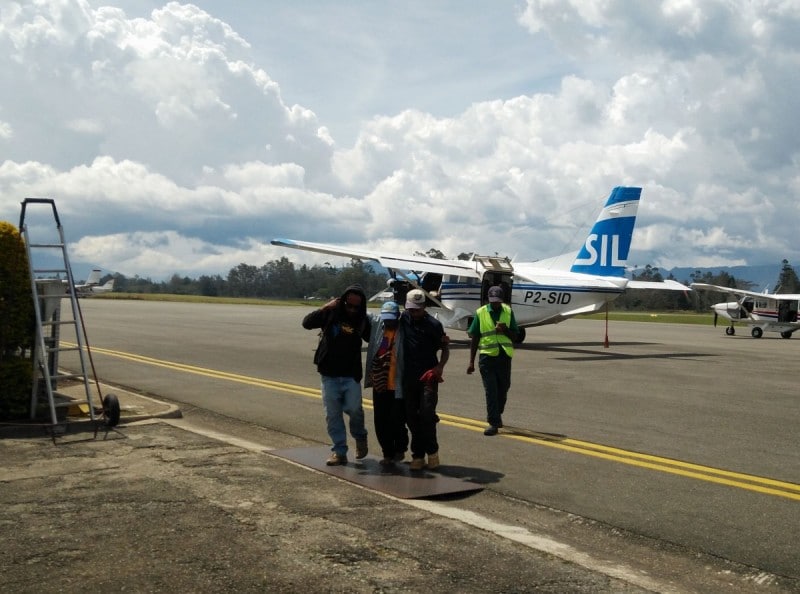
Recently, Katie and I have felt a strong call to help care specifically for the needs of our Papua New Guinean co-workers. Many of them work in areas, like Mt. Tawa, where access to medical care and transportation is difficult. We’re excited to think about the potential impact our giving can have on the communities in PNG. As my family prepares to return to the States for an eight-month home assignment, stories like these are what motivate us to continue our work in PNG.































































